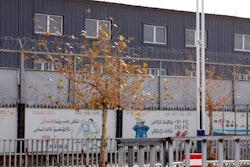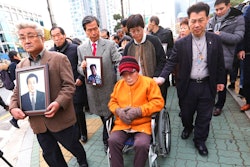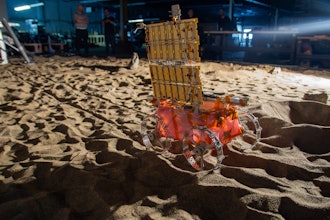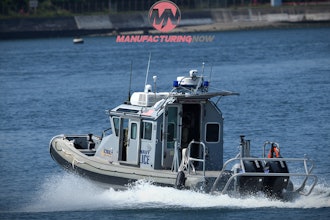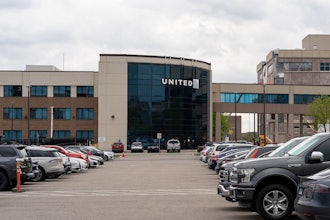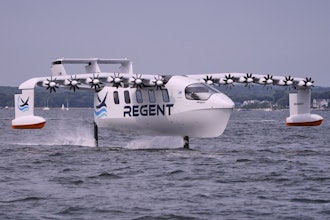
MANILA, Philippines (AP) — Asia Pacific business leaders are working on recommendations to protect migrant workers from modern day slavery and to ensure companies' supply sources are free from such unethical employment, according to Australia's ambassador for people smuggling and human trafficking.
One idea might be to create a regional website that rates employment recruiters — something already being done in Vietnam, Andrew Goledzinowski said. Another idea could be to designate a common telephone number as a regional hotline, similar to what the sportswear company Adidas provides to its factory workers in China and elsewhere.
Goledzinowski suggested the ideas at a forum of officials and business leaders from 45 Indo-Pacific countries and territories known as the Bali Process that also aims at ensuring companies' supply of materials are not tainted by unethical employment.
Participants agreed at the meeting in Perth, Australia, to submit specific recommendations to governments next year.
"We are hoping they will come up with the recommendations for how to better manage the recruitment of migrant workers and the protection of migrant workers" he said in an interview Wednesday. He said the measures also aim "to manage supply chain transparency so that businesses are not just responsible for what happens in their business, but also who they buy from."
Migrant workers often end up dealing with recruiters they do not know, being charged high fees and having their passports taken when they reach their destination, Goledzinowski said.
"And very quickly you are trafficked, in fact, you are in debt bondage," he said, expressing hope that business leaders agree that "migrant workers should not have to pay for their own recruitment."
The recommendations will cover employment ethics, transparency standards and safeguards for victims and whistle-blowers. Some will be classed as minimum standards, and some as more ambitious targets.
"There's a lot that can be done which actually is quite easy but it only works if everyone does it," Goledzinowski said.
The Bali Process started in 2002 and includes representatives from the U.S., China, India, Japan, Afghanistan, North Korea and countries in Southeast Asia.






